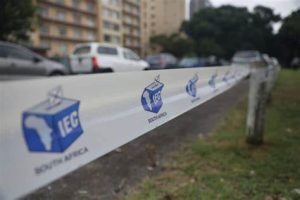
Staff Writer
South Africa’s quasi federalist and/or integrated federalist system delineates three different spheres of power: national, provincial and local. National and provincial government have executive and legislative powers, while local government is seen more as an implementer.
Speaking to Radio Islam International, Professor Andre Duvenhage of North West University elucidated the different representative styles between national and local government. He categorised National government as being by proportional representation, while at a local level wards and municipalities constitute 50% proportional representation and 50% ward representation. Proportional representation refers to representation according to political parties and electoral lists, while ward representatives don’t need to be affiliated to a party and can be directly elected.
Professor Duwenhage noted the Constitutional Court’s 2020 ruling, altering the electoral Act, which may see ward/independent representation at a provincial and national election during the next elections in 2024.
Duvenhage also noted that of the 10 different democratic electoral systems, contextually South Africa’s best represents our current system. He did however note that the previous ban on ward representation at a national and provincial level has seen rate payers’ associations register as parties so as to ensure more local representation at a national level. He further cautioned over too much ward representation, arguing that similar to the US, it may lead to a situation of disproportion, where a minority rules.
Duvenhage, like most experts believe that independents will do well in this year’s election, especially in light of the growing competence of current parties. However, he did note that independents were at a disadvantage in relation to the institutional infrastructure and finances required for campaigning.







0 Comments